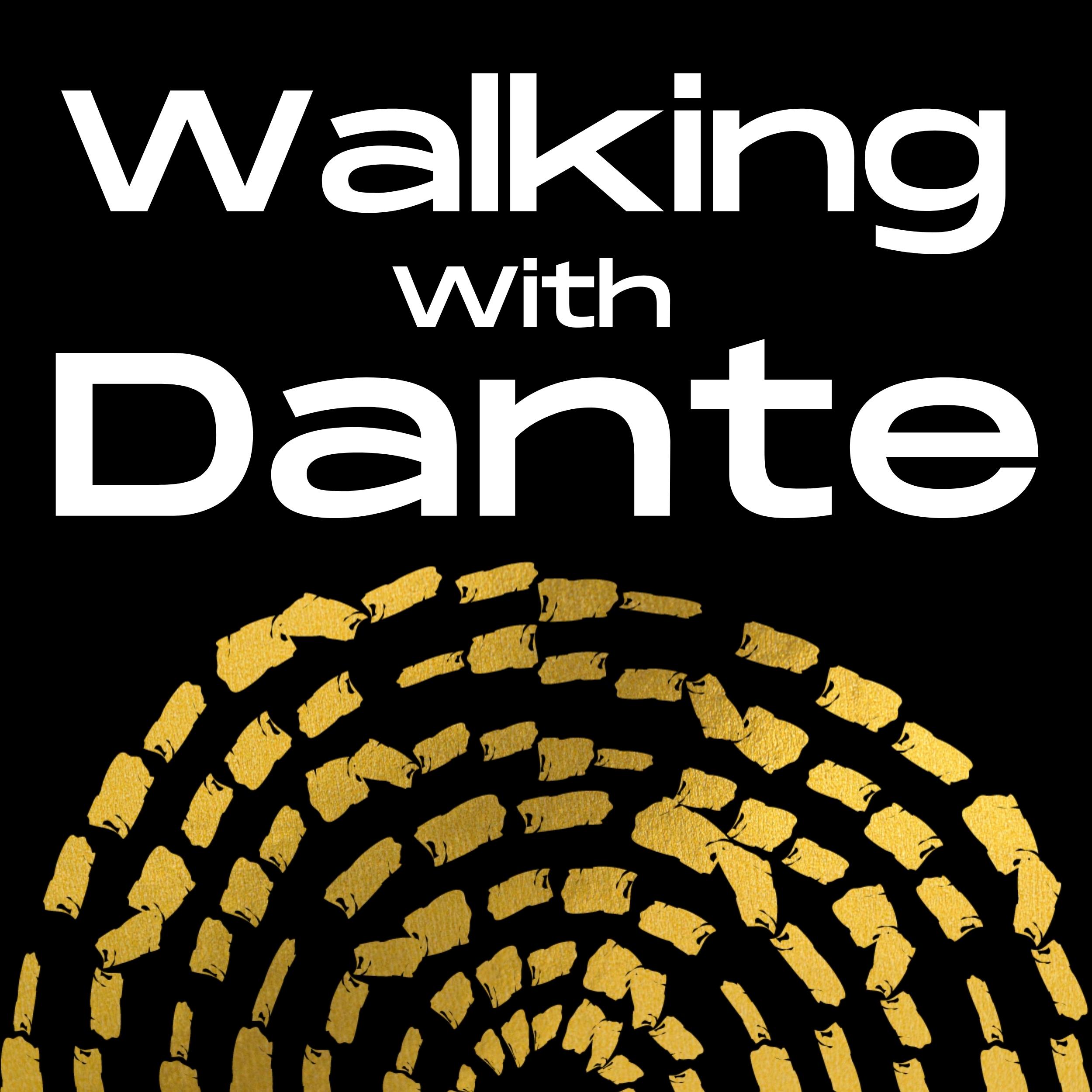The Cognitive, Rational Basis Of Love: PURGATORIO, Canto XVIII, Lines 19 - 39
Description
In answer to the pilgrim's request that Virgil show his work on the nature of love, Virgil (and the poet Dante behind him) condense and recast the very bases of the thinking in Western culture: Aristotle's notion that the objective world creates a mental picture that forms the basis of any action.
This passage is one of the most complex in PURGATORIO. Join me, Mark Scarbrough, as we take apart its claims and some of the translation problems both from the poetry's concision and the seismic change in thought after the Enlightenment.
Here are the segments for this episode of WALKING WITH DANTE;
[01:56] My English translation of the passage: PURGATORIO, Canto XVIII, lines 19 - 39. If you'd like to read along or continue the conversation, please find this episode on my website, markscarbrough.com.
[04:30] A few things to admit before we start.
[08:00] The three steps or stages of love.
[14:01] The problem of translating "anima."
[17:26] Basic claims in Virgil's second discourse.
[23:17] Problems with these claims--and how Dante the poet solves them.
[29:14] Rereading the passage: PURGATORIO, Canto XVIII, lines 19 - 39.
More Episodes
Virgil has finished his second, clarifying discourse on love, but it hasn't done the trick. The pilgrim Dante is even more full of doubts . . . pregnant with them, in fact.
Let's look at the pilgrim's second question to Virgil's discourse on love and talk about the complex ways Beatrice and even...
Published 12/01/24
Published 12/01/24
Virgil seemed to have come to a resting place in his monumental discourse on love: "Here's all I know . . . and all I don't know."
But the pilgrim is less than satisfied. He wants Virgil to continue on, to show his work for these complex syllogisms.
And Dante the poet is not done with Virgil...
Published 11/24/24


